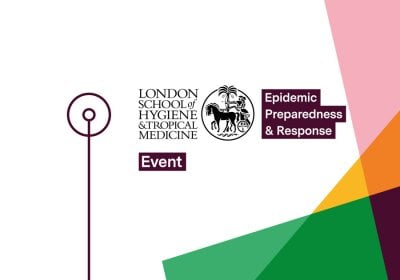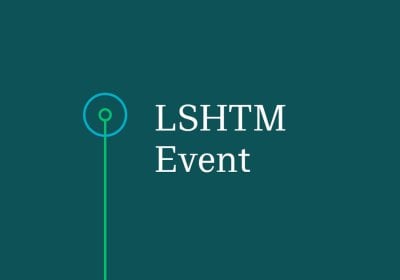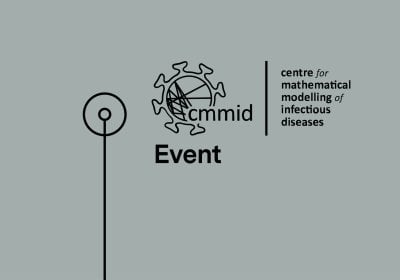Epidemics associated with viral and bacterial pathogens: the role of different population groups in their propagation, and their severe outcome burden
Abstract:
During epidemics associated with viral and bacterial pathogens, episodes of infection are often unobserved, and the viral/bacterial etiologies for the severe outcomes (such as hospitalizations and deaths) triggered by those infections are unaccounted in many cases. As a result, often there is uncertainty about the roles of different population groups (e.g. ones defined by age, or age and vaccination status) in propagating those epidemics, as well as the rates of severe outcomes associated with infectious disease outbreaks. In this talk we introduce several inference techniques for utilizing available surveillance data towards addressing those questions, and apply them to the epidemiology of influenza, respiratory syncytial virus (RSV), and pertussis.





